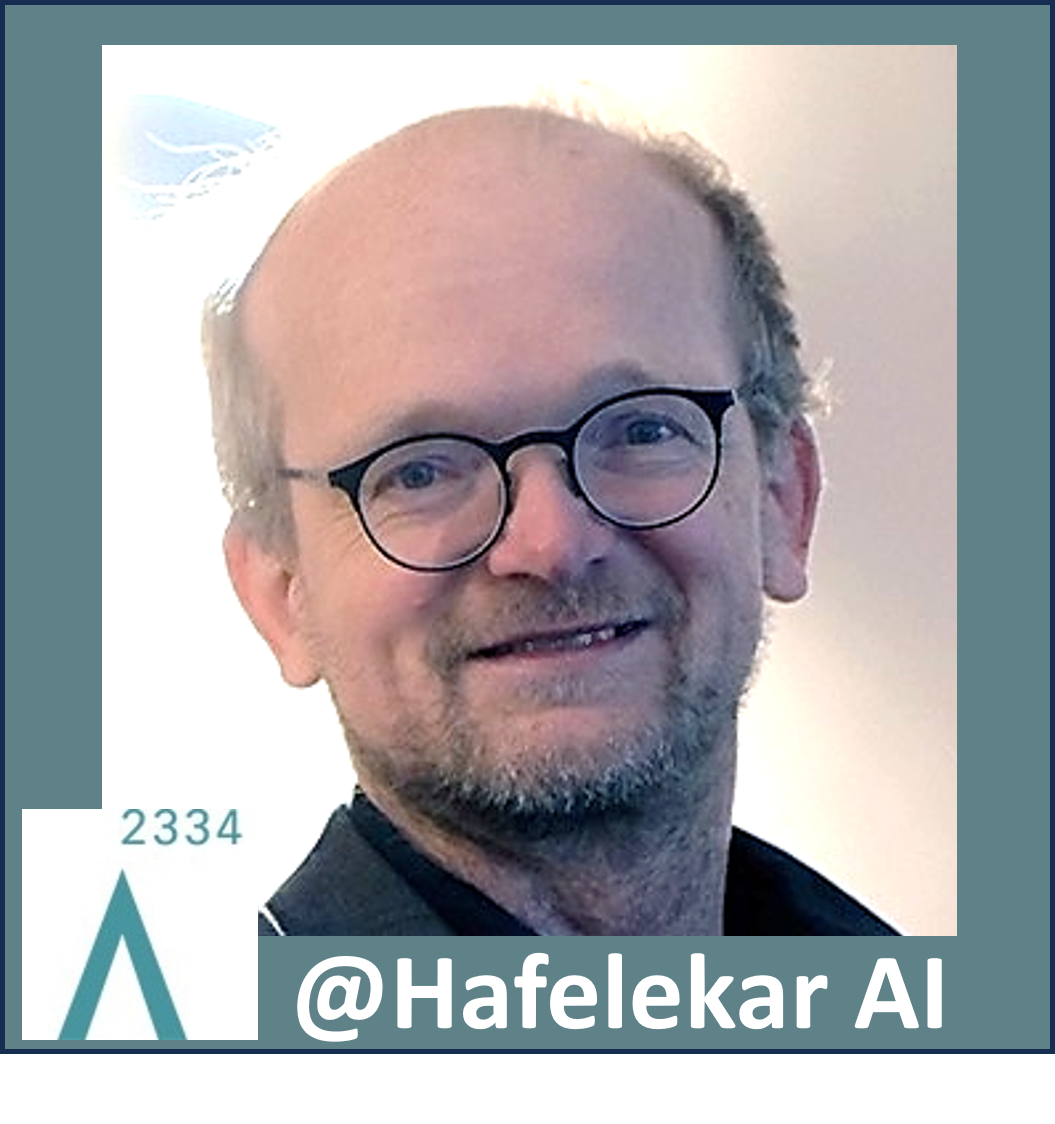
Integration concept for the city of Salzburg
Hafelekar Unternehmensberatung was charged by the city of Salzburg to determine an integration concept for Salzburg. This includes all essential guidelines, targets, issues and measures for a broad and well structured municipal integration policy. The project´s goal was to achieve changes in social, political and administrative terms of awareness regarding the integration of migrants. Integration should become a cross social concern.
To guarantee a balanced comprehensive integration of all relevant groups, five working teams were created to determine the main problem area and range of action. Based on that, the teams elaborated specific measures, offers and activities, all aimed at supporting integration. The working groups included representatives of NGO´s and religious communities as well as representatives of migrants, the city council, politics and other relevant communities. In March 2006 the core recommendations were presented within a press conference.
Hafelekar was in charge of the process arrangement and moderation and compiled two studies:
- A secondary research was generated including all available data and facts regarding the situation of migrants in Salzburg.
- A further study considered the present legal and social situation of migrants living in Austria facing different social areas like labour and housing market, education, health and politics. The study addressed especially the issue of women and media.
Project duration
2005 till 2006
Client
City of Salzburg
Project Partners
Hafelekar Unternehmensberatung
ZeMiT – Zentrum für MigrantInnen in Tirol



